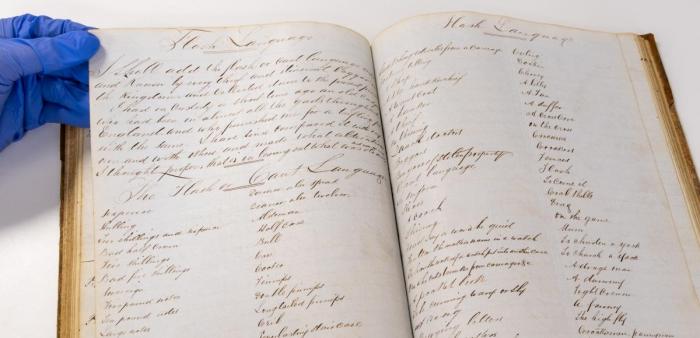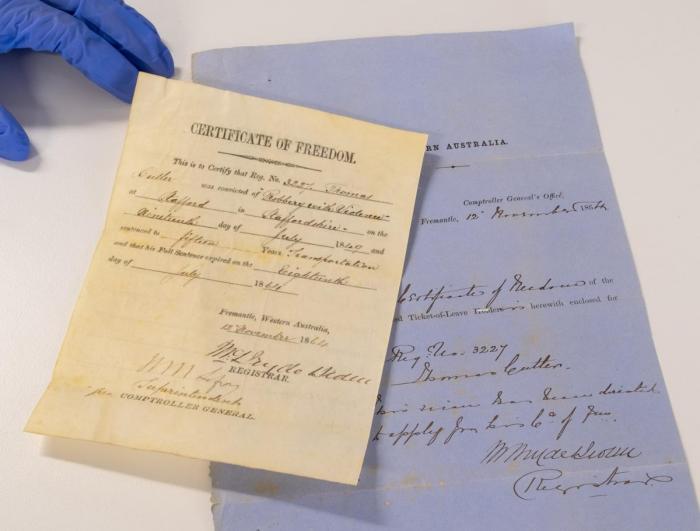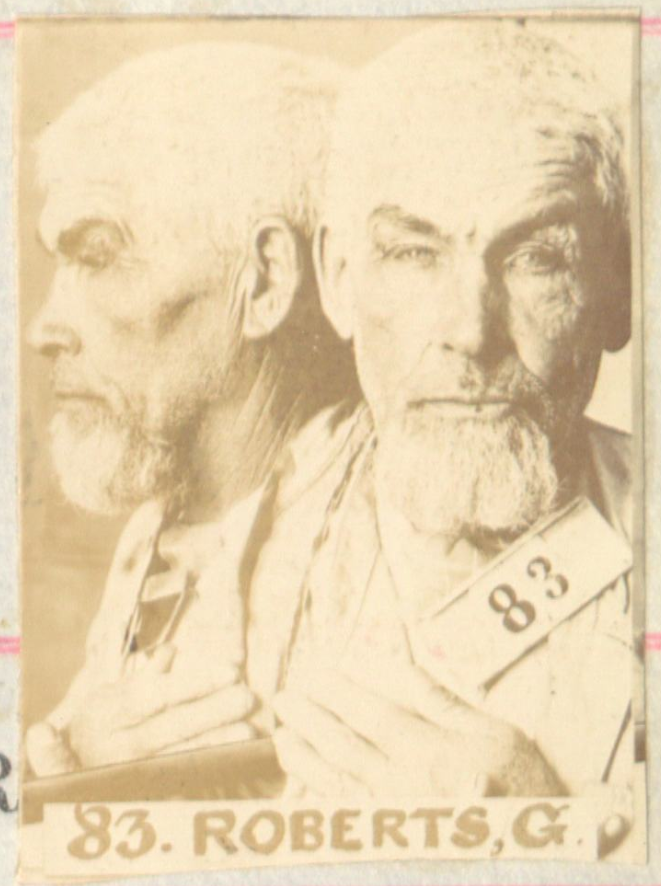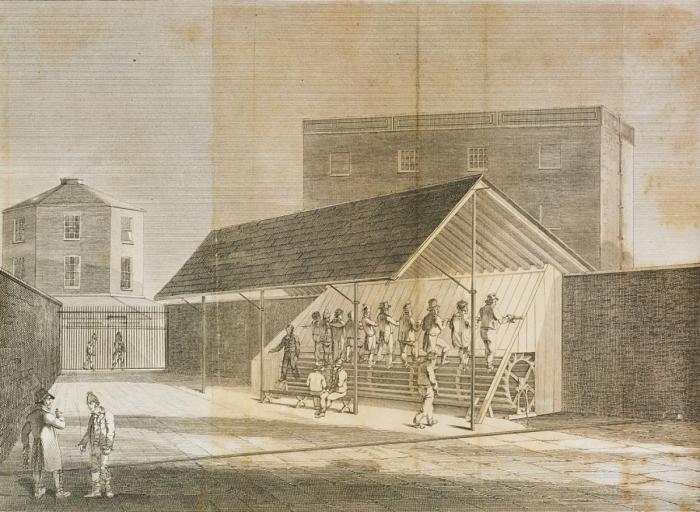Damien Hassan, Senior Archivist at the State Records Office, talks about a secret language used by convicts that allowed them to converse without authorities understanding what they were saying. Convict slang – or 'flash' language, as it was known – was imported by convicts arriving into Western Australia during the mid-1800s. Incredibly, one of the early Police Occurrence Books from York held in the State archives collection records this secret language in detail.
The main purpose of Police Occurrence Books was for the police officer in charge of a station to record the daily events in that area. One of the York Occurrence Books (1860-1863) records matters such as local incidents (e.g. locals who were “drunk and fighting after hours”), warrants of arrest that were issued and memos of who had arrived into town. In 1862, the York journal breaks off its daily entries and over the next 13 pages provides a detailed inventory of flash terms and how such terms might be constructed in sentences.
The York Police Occurrence Book
According to this account of flash terms, “family men” meant thieves, “snaggling” meant catching geese by bait and hook, “blue ruin” meant gin and a “crib” referred to a house.
Whole phrases such as “Dear Dick, I have seen the swag chovey bloak who christened the yacks quick. I gave him a double finnip. I am now on the shallow” are translated in the journal to mean “Dear Richard, I have seen the person who bought the watches and he altered the names in them immediately. I gave him a ten pound note for doing it. I am now going half naked to avoid suspicion”.
Sample of convict documents
Later prisoner mugshot of convict George Roberts, transported to Western Australia for theft
The circumstance in which this language was recorded in the York journal remains unknown. In 1812, “A vocabulary of the flash language” was written and subsequently published in New South Wales. It was initially thought the York journal was a handwritten copy of the published dictionary, but this does not appear correct. Many of the terms are different, and there are terms used in the York journal which post-date 1812. For example, the York journal records “a treadmill” as being known rather more poetically in flash language as “an everlasting staircase”. The treadmill, used as a punishment device for convicts as well as to grind grain, was not invented until 1818.
Convicts were transported to Western Australia between 1850 and 1868 and provided labour for capital works projects, such as in building the Perth Town Hall and Government House. For many decades our convict history was considered a stain on our past and because of this, the official records of the convict establishment were almost destroyed in the early 1900s. Fortunately, the records escaped destruction and now form a critical resource held at the State Records Office (digital copies of convict records are also available on Ancestry’s website). The records are so significant that they were inscribed in UNESCO’s Memory of the World Register in 2007.
For more stories from the State Library and the State Records Office, follow @statelibrarywa and @staterecordsofficewa on Facebook and @statelibrarywa on Instagram.
Recorded live on ABC Radio Perth on 7 September 2020.



